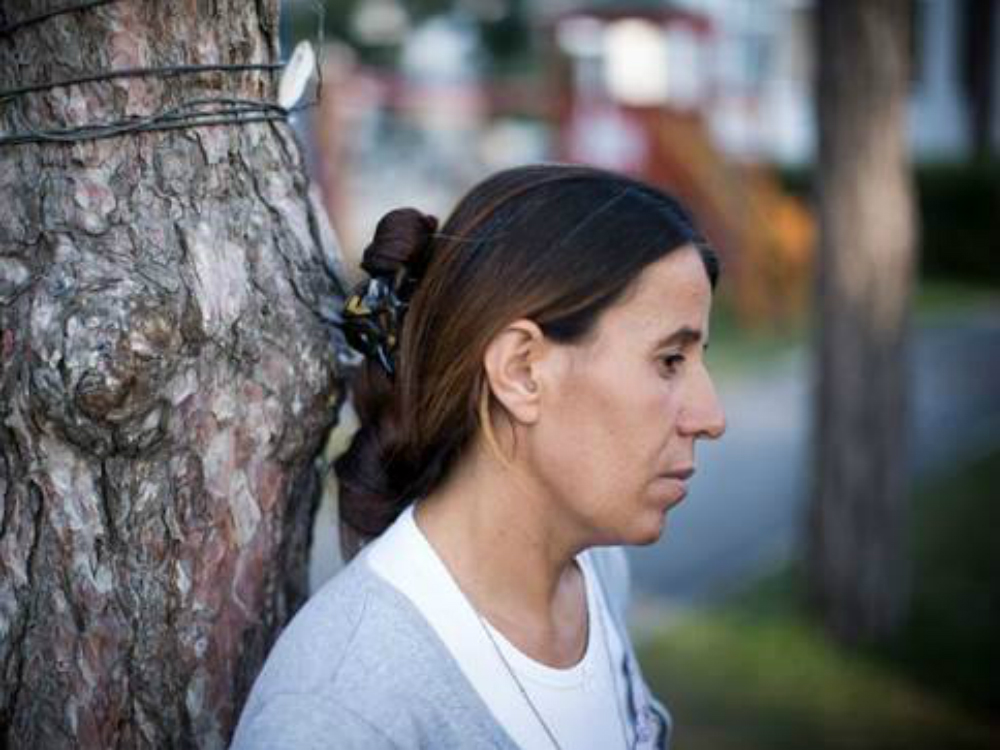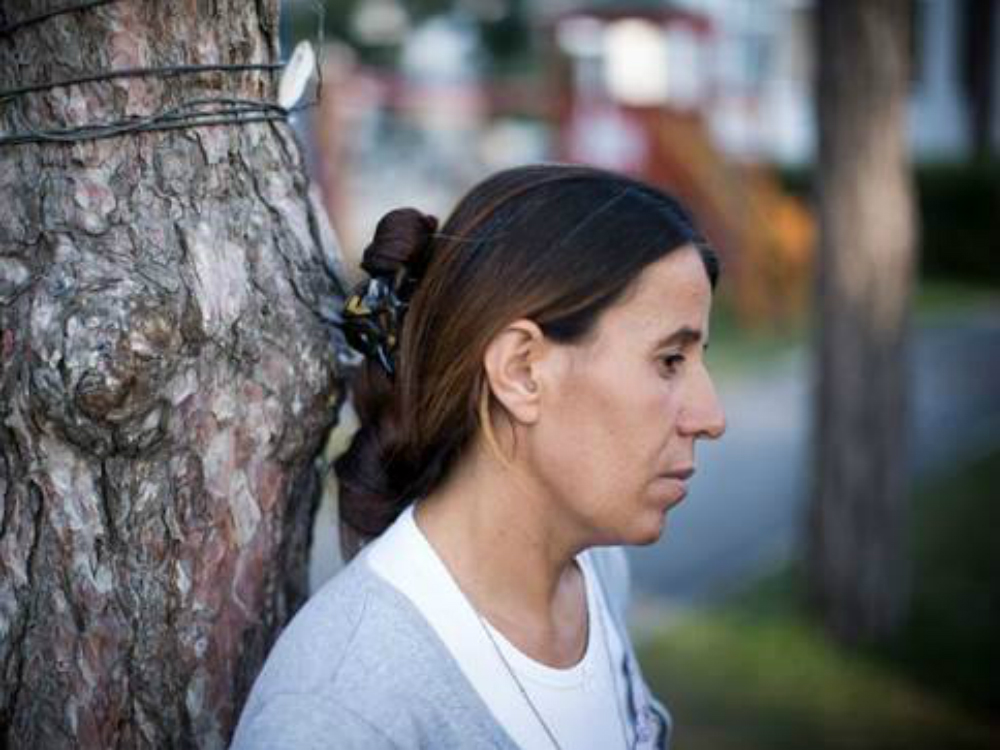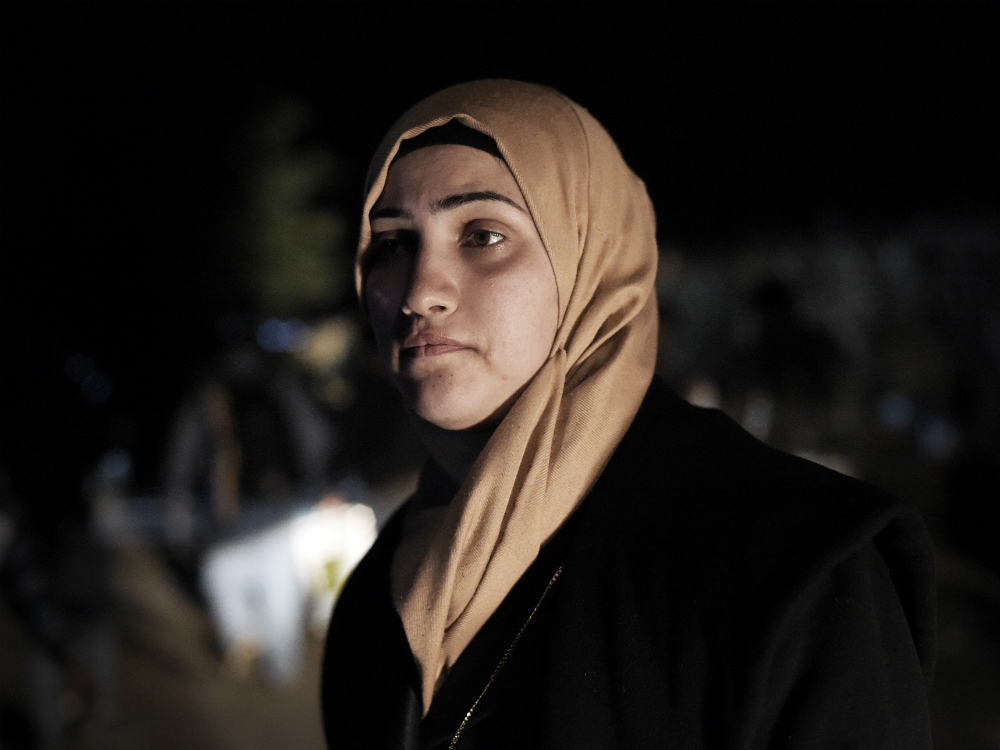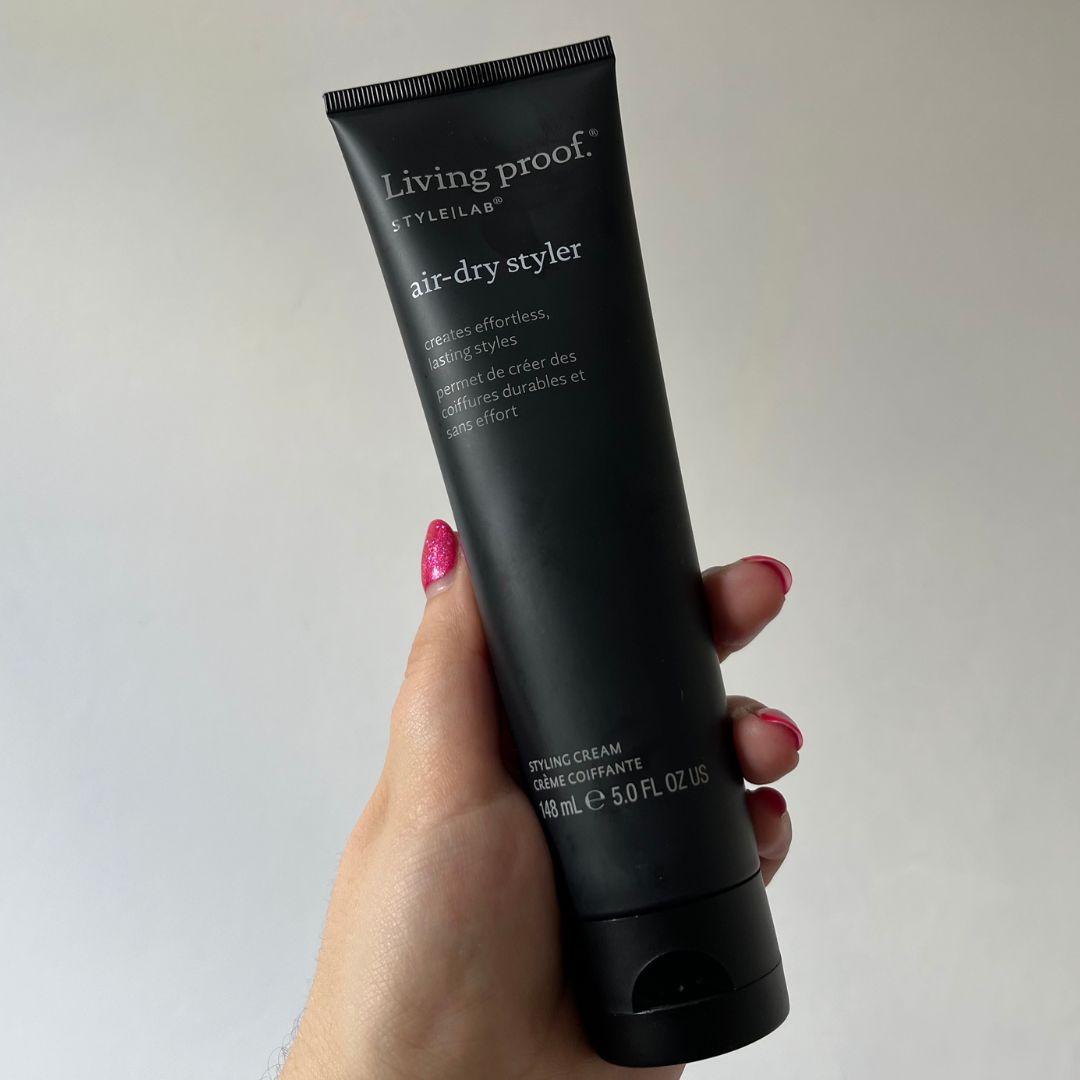These women's stories will remind you why you need to keep caring about the refugee crisis
As the refugee crisis continues and millions of people are still forced to flee their homes in search of safety, these women are sharing their stories to raise awareness of why you need to keep caring

As the refugee crisis continues and millions of people are still forced to flee their homes in search of safety, these women are sharing their stories to raise awareness of why you need to keep caring

(Image of Nadia. Credit: Care/Toby Madden) 'I NEVER GOT TO HOLD MY BABY - I DON'T EVEN KNOW WHERE HE'S BURIED.' Nadia, 34, from Iraq
'We left Mosul in Iraq about a year ago. The conflict was just getting worse and worse. Soldiers were killing our husbands and our sons. Extremists were raping and kidnapping women and girls as young as 12-years-old, then they brainwashed them, and taught them to kill for them. Everyone knew a girl who'd been taken. My daughter Lilian was 10, and I was so afraid she would be next. I saw a car full of young Yazidi girls being burnt alive, and it was more than I could stand.
Together with my husband, daughter and two sons, we fled. I was four months pregnant, and we headed on foot through the darkness towards Syria. It was long and tiring, but when we crossed the border it felt like it was all worth it. I'd been so sure that we would be seen and killed en route - I couldn't believe we were free.
But after four months, the fighting got worse in Syria, too. We heard that the extremists weren't far away, and I was terrified all over again. After a long conversation, my husband and I decided that he should go ahead to Greece with our daughter because we were so scared of what extremists would do to her if they caught us. I knew that together they could travel much faster than I could with our young sons.
A few days after they set off, I left for Turkey on foot with some friends. At night we slept by the side of the road, watching out for each other with the children nestled in the middle for safety. They were so well behaved, and they really tried not to cry - but I knew they were so tired from walking all day. Meanwhile, I was eight months pregnant and my back hurt. Everyone helped me, but there wasn't much they could do. Every time I spoke to my husband on the phone, he said he was worried because we hardly had any food or water - he wanted the others to give me extra, but I couldn't ask them for that. We were all struggling together.
Finally, we arrived in Izmir, Turkey, and found some smugglers who were willing to take us in a dingy to Greece. We all bought life jackets because we couldn’t swim and I'd heard that so many people drown along the way. The children were so afraid they were crying - but I tried to be strong for them even though secretly, I was terrified too. I was nine months pregnant, and I was scared I'd give birth at any moment.
Marie Claire Newsletter
Celebrity news, beauty, fashion advice, and fascinating features, delivered straight to your inbox!
I've never been so happy to see dry land, but shortly after we arrived, a doctor in the camp told me my baby had died from stress and malnutrition. I was taken to a hospital and given a caesarean. Nobody even let me see him. They just took him away and buried him in a mass grave. I collapsed, and cried for days. It's been six months now, but I still can't comprehend the fact that I can't visit my son's grave. It's too much to bear.
We were taken to a camp nearby, but people heard that we were Yazidi, and one day a group of men came up to us with big knives. They said they'd cut off our arms, our legs, our faces - but when we told the people running the camp, they didn't do anything. We told the police, and they didn't help either. That's when I realised how vulnerable we still were, so we left - walking for ten days through Macedonia, over the mountains. Our feet blistered and bled as our children cried from the cold. It kept raining, and we drank the rain water off the leaves.
One night, as we sheltered under a tarpaulin in the woods, masked mafia appeared and took all our money. They threatened us with guns and knives, and stole all our phones. All our photos and contact numbers were lost in an instant, and I panicked. How would we know where to go now?
I don’t know where we got the energy from, but as soon as the mafia turned their backs, we ran. Luckily they didn’t chase us, but it was like we were tumbling down the mountainside. With my sons in my arms, I skidded down the slope - tripping and stumbling and bleeding. With every step I could feel my scar from the caesarean ripping.
It took us days to cross the border into Serbia, where we were taken to the refugee camp in Presevo, in the south of the country. We were given clean beds and clothes and a private family shelter where we could change in safety, and CARE provided us with food and hot showers. I was so tired. I felt like I'd never be able to take another step.
It's been a few weeks now. There's a playground here for the children, but they have seen so much it scares me. Their eyes haunt me. They're too young to understand how much they’ve suffered. Even as an adult I can barely comprehend it.
I'm desperate to reach Germany and be reunited with my husband and daughter, but I can't afford it. Even if I had the money, I'm so exhausted that I don’t think I have the energy to carry on. Now to make things even harder, they’ve closed the Hungarian border and are only letting 15-30 refugees through a day.
I'm trying to stay strong. But it's too much. I'm praying for a miracle.'

(Image of a refugee woman in Serbia. Credit: Rex)
'MY CHILDREN HAVE NEVER PLAYED IN A PARK OR SEEN A GARDEN - THEY ONLY KNOW WAR' Dana, 37, from Syria
'In Syria, you might die one day from a bomb, but on this journey you can die every single day. People ask me if I regret making this journey, and the answer is yes. If I could send a message home to people trying to flee Syria, I would tell them not to do it.
I’m trying to reach my daughter, Basma, who is currently in Austria with my sister. Two years ago we sent her away to Germany to keep her safe. Men and women from different groups kept approaching her, telling her to join them and to fight. She was only seven years old, and she was seeing such horrifying things. Walking down the street one day we came across dead women’s bodies dumped at the side of the road. Some were decapitated, some had their hands or legs cut off. They had long hair like we did.
I was so terrified for her safety that I asked my sister to take her to Germany. I hoped that when things got better, she would be able to come back and we could return to how we were living before. But things didn’t get better, they only got worse.
Before the war, I was so happy. I lived in a beautiful home with my husband and two children, and we had a good life. I worked as a school teacher and my husband had a good position in the army. After the revolution began, my youngest son was born. We named him Salam, which means peace.
But after the revolution everything changed. Aeroplanes came and bombed everything. It didn’t matter what they hit, and it didn’t matter if we died. Children were forced to fight; schools were closed, and no-one felt safe anymore.
Extremists came to our area about one year after the war started. One day after that, my husband just disappeared. I've not heard any news about him since. Shortly after that, I was beaten in the marketplace because I’d lifted up my veil for a second to see a child’s toy I wanted to buy. I was so frightened, and I knew we had to leave.
All my boys have ever known is war. They haven’t had a good day, or seen a garden or played in a park. They’re just children, but they’ve only ever seen planes and airstrikes and fear and terror. And heads lying on the ground.
We left Syria in April this year in the middle of the night. If the army or other armed groups had caught us, we would have been killed. We walked for 10 hours to reach the Turkish border. I had to carry Salam, my two-year-old, all the way. His legs were too little to walk so far.
Eventually, I felt the only way I could reach Serbia was by putting our lives in the hands of smugglers. They locked us in a house for a few days without food or water, we weren’t allowed to make a sound. I’d heard that they sometimes sell children’s organs on the black market, so I stayed awake all night every night - terrified they were going to steal my sons if I didn’t pay them enough money.
Now I'm in a camp here, waiting to hear when we will be allowed to cross into Hungary. From there we will move on to Austria to join my daughter. Every night when I thank God I thank him for Germany and Austria. They have opened their doors to refugees. We didn't leave our country for the love of Germany or just to have a better life. We left because we didn’t want to die.
At the moment, nobody has told me when we'll be allowed over the border. Having to rely on smugglers was the worst and most terrifying part of this journey so far, but if I have to do it again to get to my daughter, I will. If you have a target in front of you and you’re set on it, you’re going to make it eventually. We will get there.
The world's first Refugee Summit is taking place on September 19th in New York. Support women like Dana and Nadia at www.careinternational.org.uk
The leading destination for fashion, beauty, shopping and finger-on-the-pulse views on the latest issues. Marie Claire's travel content helps you delight in discovering new destinations around the globe, offering a unique – and sometimes unchartered – travel experience. From new hotel openings to the destinations tipped to take over our travel calendars, this iconic name has it covered.
-
 Jonathan Anderson is going to Dior Men
Jonathan Anderson is going to Dior MenHis debut collection will be this June
By Mischa Anouk Smith
-
 I'm a 2025 bride and these are the best affordable wedding dresses I've found
I'm a 2025 bride and these are the best affordable wedding dresses I've foundLess than £1,000 but still the height of chic
By Sofia Piza
-
 I haven't worn my hair completely natural for years, but this air-dry styling cream has made me love my waves again
I haven't worn my hair completely natural for years, but this air-dry styling cream has made me love my waves againI will never be without this
By Amelia Yeomans